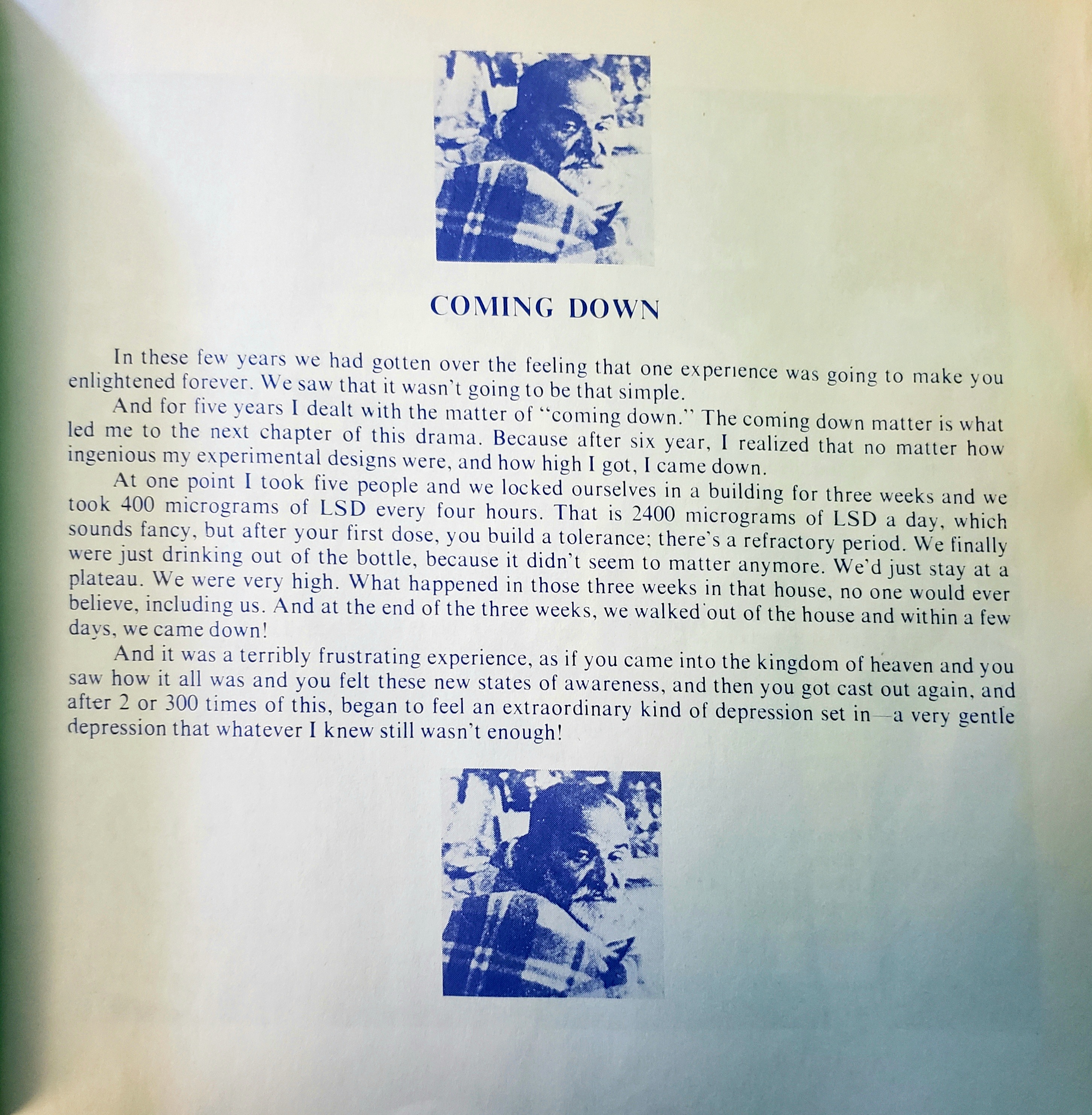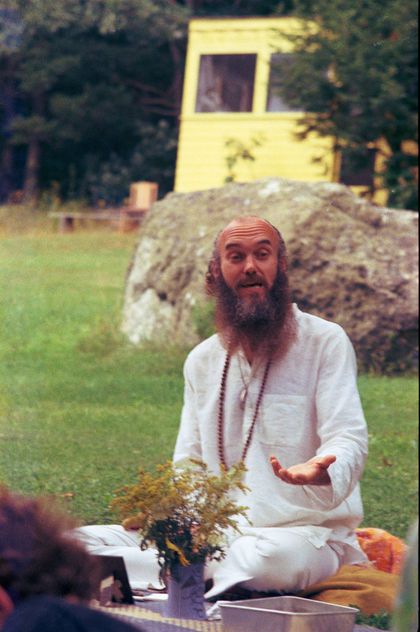Psychedelics and Suffering
Some thoughts on treatment of mental illness with psychedelics
Recent articles note the lack of research about the benefit or harm of using psychedelics to treat mental illness. They aren’t wrong. And as VICE points out, there is a lot of bad we don’t know. Both remind us of a truth humans have long resisted accepting. That is, there is no magic pill. The cannabis crowd says smoking pot will solve all your problems. Psychedelic folk say all you need to do is trip. Pharmaceutical industry swearing pills are the answer. Though, as any who’ve ventured down one of those paths have discovered themselves. Nothing is a one-stop shop.
I can speak to pot as someone who’s self-medicated nearly daily for a decade. Yes, it has provided a tremendous amount of relief. I don’t know where I’d be without it. But aside from even negative side effects, there is a ceiling to its benefit. It’s important to realize this. If you don’t, you hold yourself back from relief. What might have been a way to relief, now becomes something in the way.
Ultimately, what these things are best at is helping people get out of ruts. That is, they help people in crisis. Overwhelmed by irrationality, unbearable gloom, and without hope. Taking pills, smoking pot or tripping can have tremendous immediate benefits compared to talk therapy.
Unfortunately, none of it is a cure-all. And it’s likely it won’t be for a long time. At least not without a deeper understanding of what really the fuck is going on in the brain. Until then, they’re essentially (very delicately) throwing stuff at the wall and seeing what sticks. One problem always has been the range of effectiveness from one person to the next.
Meet Ram Das
In either article, I didn’t see mentioned what I believe could help partially answer the psychedelics question. We must look back to a book published in 1971 by Ram Das, born Richard Alpert. He was no dummy, ended up at Harvard doing work on psychology with Leary. Some of the absolute first to mess with psychedelics, before Shulgin had come along.
In his book, he describes how they discovered that LSD relieved suffering. Following personal experimentation for many months. They locked themselves in a house for three weeks and took 400 micrograms of LSD every four hours. Essentially concluding that while it did relieve suffering, you always came down. In other words, it wasn’t practical to take LSD to relieve suffering. Since you’d more or less have to always be taking it.

Long story short, he headed off to India with his bottle of LSD looking for answers. The yogis told him that LSD was not the answer but instead, Buddhism was. So he came back and start preaching the way to relieve suffering.
I’m no expert. And I’m sure it’s hard to quantify the effect his work has had on the Western psychology or therapy movement. Jon Kabat-Zinn is probably the most influential Westerner to utilize Eastern spirituality. His mindfulness-based stress reduction therapy has shown to have positive impacts in studies.
So, with all this known, let’s look at how the New York Times ends its article.
“These days, Joseph said his depression has improved thanks to a regular meditation practice, although he still microdoses occasionally if he starts feeling down.”
It seems he’s discovered that microdoses are great for getting out of ruts. Though the way he maintains his balance is through “regular meditation practice.”
And VICE:
“What I have learned in the last five years is that the greatest threat to a healthy psychedelic future is the fetishizing of just the drug alone,” Watts wrote. “Whether plant, or synthesized compound of one, there is a narrative that all you need to do to change your mind is eat something.”
Brilliant. Taking LSD alone isn’t enough to relieve suffering. You needed to also maintain other practices to keep yourself grounded. Ram Das would be smiling.
There is no closer truth. We should use whichever substances work best for us during times of crisis. To right our thinking and encourage self-compassion. But once out of that rut, success depends on building healthy habits and routines. Reliance on any substances will never lead to full relief of suffering.

That is not to say psychedelics don’t make a difference. They do and that is the difference between public perception now and a decade ago. Further, few question anymore the potential ineffectiveness and harm from certain pharmaceuticals. They work for some, but not for others. Can have too many negative side effects, some of which are fatal. People can hit a tolerance and have to switch to medications that don’t work as well.
Many now are looking back to plant-based alternatives. Not to be the bearer of bad news, but the same rules apply, unfortunately. None of it will be a cure-all.
So here’s my advice:
Start with pot. Lean towards sativa cultivars as opposed to indica. If you can don’t smoke flowers, use a vaporizer pen with concentrated oil in it. Start with the absolute smallest possible hits you can take to feel relief. If this doesn’t lift you out of the rut, try microdosing.
Get yourself a good therapist that you trust and feel is on your side. Try to meet with them at least every other week. It can be remote.
Start daily journaling. This can be intimating to a lot of people but be patient with yourself and start slow. Even a couple of sentences every day is better than nothing. There is tremendous power (and relief) in getting thoughts out of your head and onto paper.
Buy Jon Kabat-Zinn’s book about mindfulness called Wherever You Go, There You Are. If you can’t afford it or get it where you are, message me and I’ll send you a copy. You can think of mindfulness as sorta like meditation on the go.
If you do those four things. Your mindset will have changed so much that I think you’ll be able to figure out the rest of the way yourself.
But, it’s important to note that there is no end. The road to enlightenment is one that extends forever. Like how there is no one-stop shop to relieve suffering. There is no moment where suffering forever is relieved. We can though cultivate a practice that prepares us to deal with that suffering. In such a manner where it doesn’t control our lives and derail us. Much of it starts with self-compassion and a willingness to be patient with ourselves.